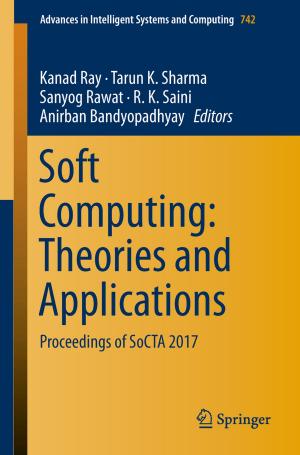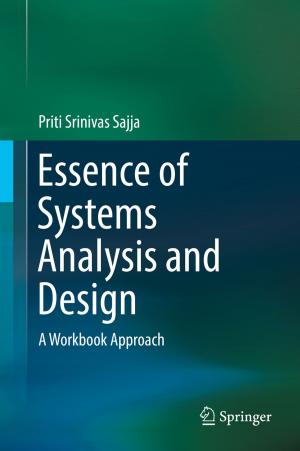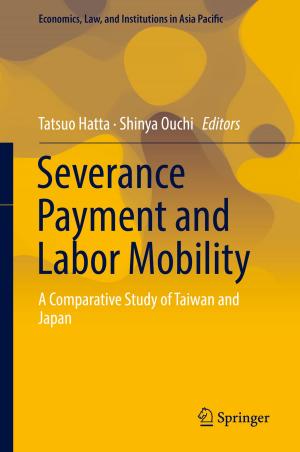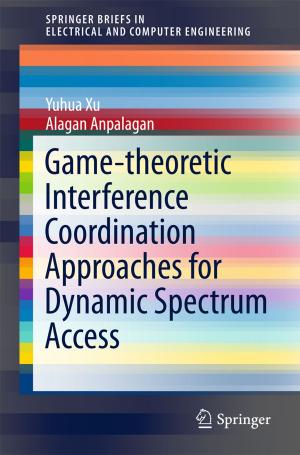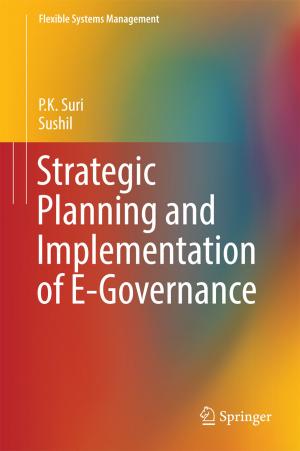School-based Partnerships in Teacher Education
A Research Informed Model for Universities, Schools and Beyond
Nonfiction, Reference & Language, Education & Teaching, Educational Theory, Educational Psychology, Counseling & Guidance| Author: | ISBN: | 9789811317958 | |
| Publisher: | Springer Singapore | Publication: | August 14, 2018 |
| Imprint: | Springer | Language: | English |
| Author: | |
| ISBN: | 9789811317958 |
| Publisher: | Springer Singapore |
| Publication: | August 14, 2018 |
| Imprint: | Springer |
| Language: | English |
This book demonstrates school-based approaches to primary science teacher education. The models used involve partnerships between universities and primary schools to engage pre-service primary teachers in classroom teaching and learning that effectively connects theory with practice separate to the formal practicum arrangements. The book is a culmination of the research and collaboration of researchers from five Australian universities involved in the Science Teacher Education Partnerships with Schools (STEPS) project, funded by the Australian Government Office for Learning and Teaching.
While the STEPS project focused on partnerships in primary science teacher education, a key strength of the partnership model (the STEPS Interpretive Framework) developed and explored in this book is its applicability for cross-case, national, international, and inter-state analyses of partnership practices. This is shown through a number of case studies where the STEPS Interpretive Framework is applied and evaluated in the context of other school- or learning-related partnerships. These broad-ranging analyses illustrate the relevance of the model to a range of settings, both within and outside of education.
This book demonstrates school-based approaches to primary science teacher education. The models used involve partnerships between universities and primary schools to engage pre-service primary teachers in classroom teaching and learning that effectively connects theory with practice separate to the formal practicum arrangements. The book is a culmination of the research and collaboration of researchers from five Australian universities involved in the Science Teacher Education Partnerships with Schools (STEPS) project, funded by the Australian Government Office for Learning and Teaching.
While the STEPS project focused on partnerships in primary science teacher education, a key strength of the partnership model (the STEPS Interpretive Framework) developed and explored in this book is its applicability for cross-case, national, international, and inter-state analyses of partnership practices. This is shown through a number of case studies where the STEPS Interpretive Framework is applied and evaluated in the context of other school- or learning-related partnerships. These broad-ranging analyses illustrate the relevance of the model to a range of settings, both within and outside of education.

